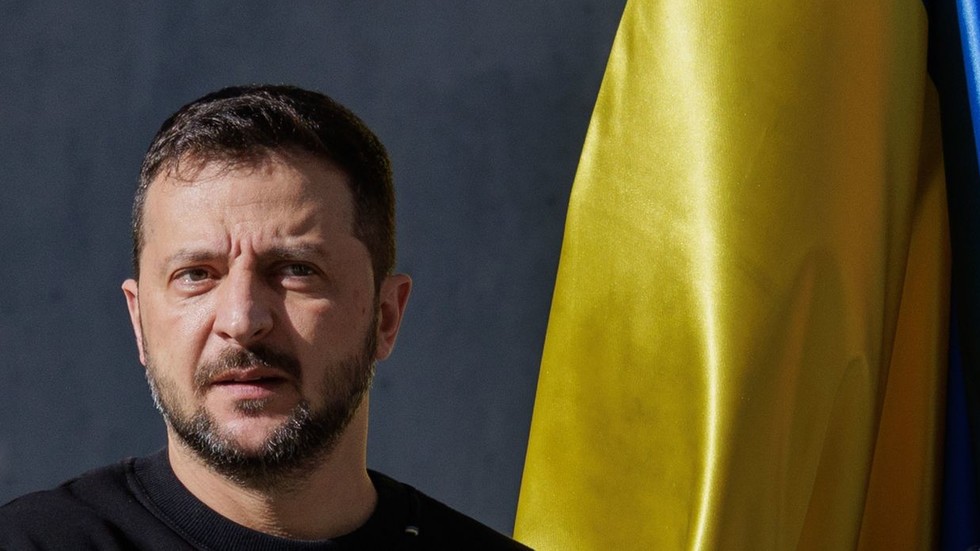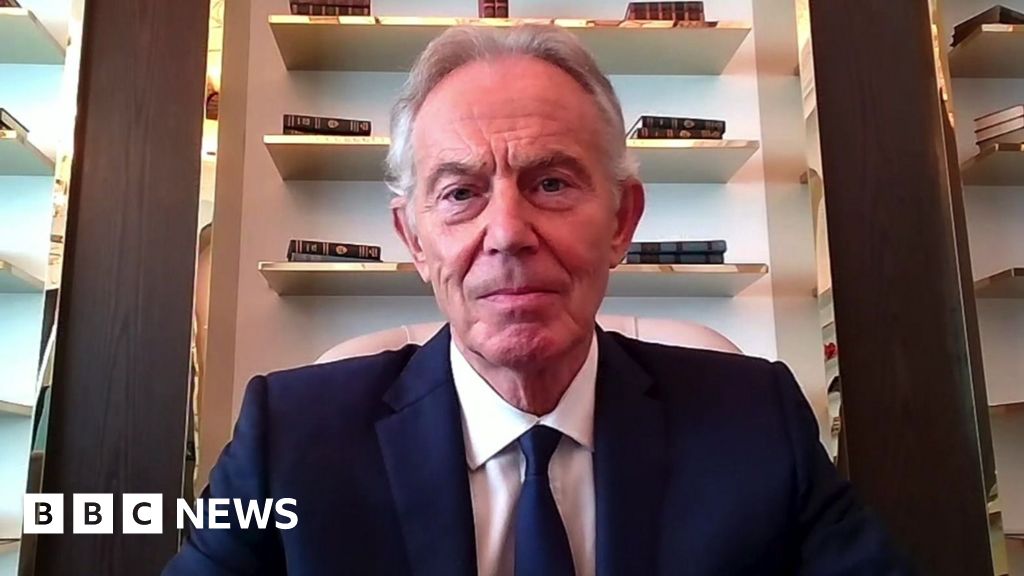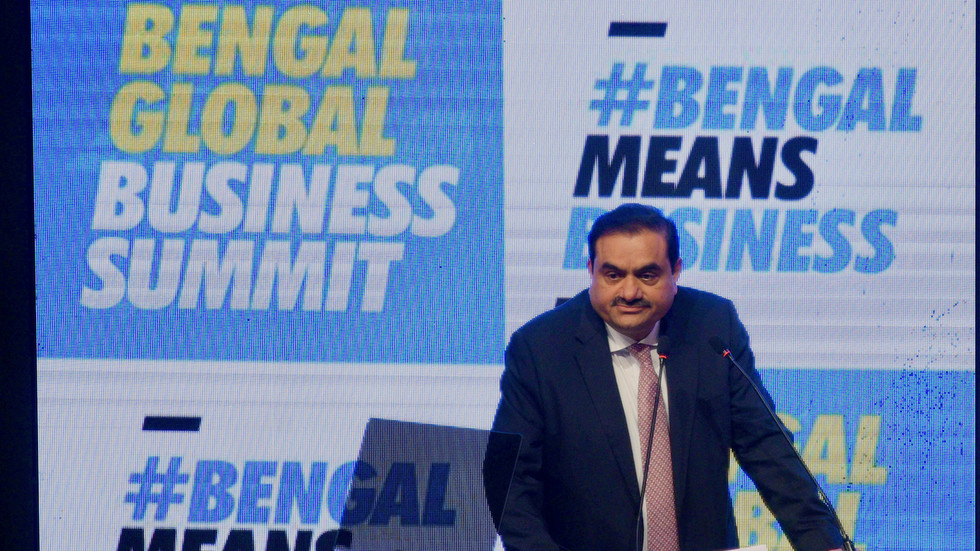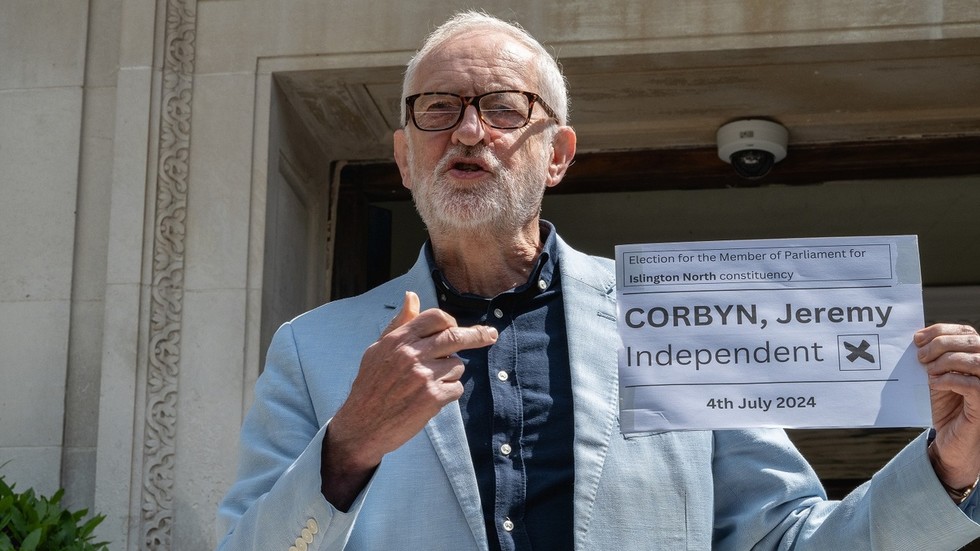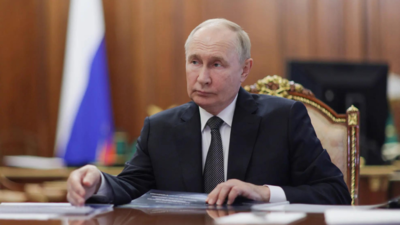
President Vladimir Putin on Tuesday lowered Russia's threshold for the use of nuclear weapons, a long-planned move whose timing appeared designed to show the Kremlin could respond aggressively to Ukrainian strikes on Russian territory with American long-range missiles. The decree signed by Putin implemented a revised version of Russia's nuclear doctrine that Putin described in televised remarks in September. But the timing was clearly meant to send a message, coming just two days after the news that President Joe Biden had authorised the use of US-supplied long-range missiles by Ukraine for strikes inside Russia.
Asked whether Russia could respond with nuclear weapons to such strikes, Dmitry Peskov, Putin's spokesperson, repeated the new doctrine's language that Russia "reserves the right" to use such weapons to respond to a conventional-weapons attack that creates a "critical threat" to its "sovereignty and territorial integrity".
The new doctrine asserts that Russia could use nuclear arms in the event of an attack by a nation backed by a nuclear power. The doctrine's publication Tuesday appeared to be the latest suggestion that Russia could use nuclear weapons to respond to attacks by Ukraine carried out with US support, and that the response could be directed against US facilities as well as Ukraine itself. "Aggression against the Russian Federation and (or) its allies by any non-nuclear state with the participation or support of a nuclear state is considered as their joint attack," the document says.
Russia's previous doctrine said its
nuclear deterrence
was directed mainly against countries and alliances that have nuclear weapons. And it had a higher threshold for the kind of conventional attack that could trigger N-use, specifying that such an attack must threaten "the very existence of the state".
Together, Russia and the US control 88% of the world's nuclear warheads. Russian diplomats say the crisis is comparable to the 1962 Cuban Missile Crisis when the two Cold War superpowers came closest to intentional nuclear war, and that the West is making a mistake if it thinks Russia will back down over Ukraine.

 1 day ago
6
1 day ago
6


